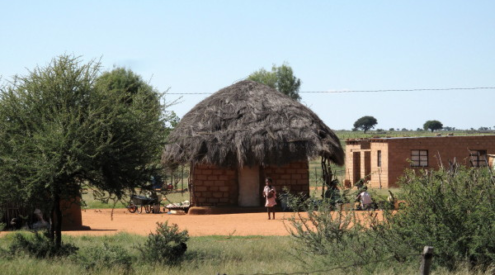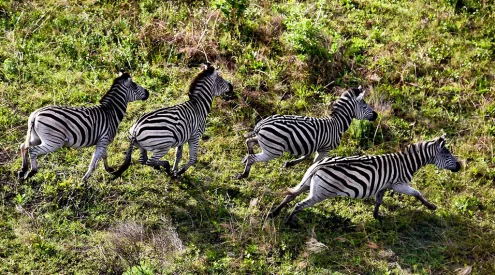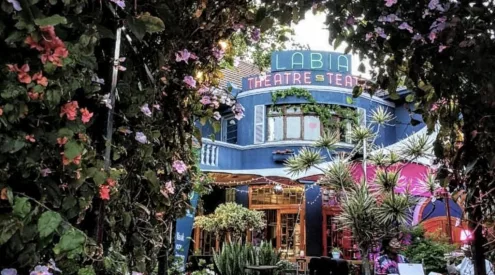China’s National Health Commission, the government arm responsible for its health policy, published a list of coronavirus treatments on 4 March. The World Health Organisation has clarified that there is no cure for the virus, however, some treatments may ease symptoms.
The list that China has published however includes two highly controversial treatments that have animal advocates up in arms.
According to National Geographic, one medicine that the Chinese government has advised for treatment of severe cases of COVID-19 is Tan Re Qing, ‘an injection containing bear bile.’
‘At bear bile farms in China and across Southeast Asia, the animals may be kept for decades in small cages. Bile is routinely extracted by inserting a catheter, syringe, or pipe into the gallbladder. All methods for extracting bile are invasive and ’cause severe suffering, pain, and infection,’ according to Animals Asia, a nonprofit dedicated to ending bear bile farming.’
The other traditional medicine causing concern among animal rights advocates is a pill called Angong Niuhuang Wan. It is used to treat fever and a number of diseases and although Chinese law dictates that the pill should contain buffalo horn to substitute rhino horn (which is banned from global trade) some traders continue to use rhino horn.
The National Health Commission’s list was published less than a month after the country took action to ban the trade and consumption of live wild animals, which ‘really speaks to the mixed messages coming out of China at the moment,’ says Aron White, a campaigner for London-based non-profit organisation Environmental Investigation Agency (EIA), which exposes wildlife crimes internationally.
Image credit: Wikepedia Commons
Image: Wikipedia Commons


















